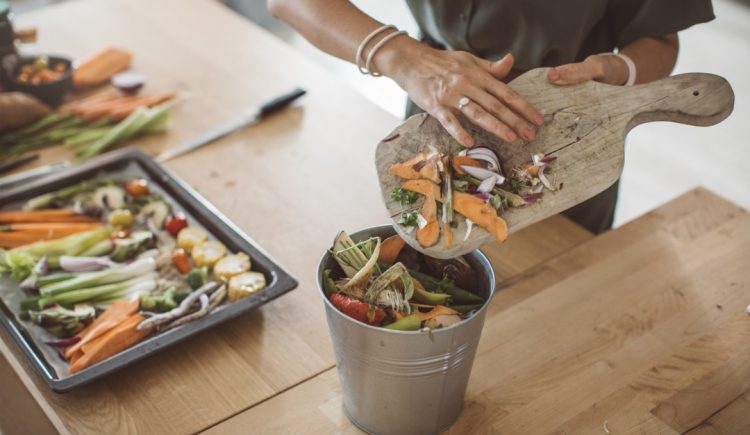Creating a zero-waste home can seem like an impossible goal, but it can be an excellent way to reduce your personal environmental impact and live more sustainably. Aiming to reach a more sustainable way of living doesn’t have to happen all at once; if you are ready to begin creating a zero-waste home, implementing these ideas can help.
Remember to Start Small
Your personal environmental impact is negligible compared to larger entities, but individual actions and pressures from consumer purchase power can have an impact. Transitioning to a zero-waste lifestyle is a journey. When making the switch, start small, so it is sustainable for your lifestyle. Regular consistent improvement over time will garnish more results than overdoing it and stopping your goals.
Replace Single-Use Items
Disposable items can be convenient, but they are a guaranteed waste creator. Instead of paper towels and disposable diapers, opt for washable and reusable options. Replace single-use straws with reusable alternatives made from glass, silicone, steel, or bamboo. Even plastic Ziploc bags and plastic wrap have alternative reusable options in the form of silicon zip bags and beeswax wrap.
Embrace Minimalism
The first step to reducing waste is to stop purchasing unnecessary items. Make a conscious effort to declutter and prioritize quality over quantity. Purchase clothing and household items that are made to last rather than trendy items that will end up in landfills as fashions change. Consider opting for secondhand or vintage items; they were often built to last longer, and a reduction in demand for new products will reduce overall waste.
Choose Package-Free Products
More options are available on the market with minimal or no traditional packaging. Look at the household items you regularly purchase and evaluate them for better package-free options. Laundry detergents can come in sheets instead of gallon jugs; shampoos are available in soap bars. Some stores will have refills for bulk purchasing options for soaps, detergents and other household products. Bring your own reusable containers and bags when shopping at local stores. For food, opt for bulk bins when restocking items like grains, legumes and spices.
Compost Food Waste
Food waste makes up a large portion of refuse. Make a conscious effort to use all that you purchase to utilize any scraps. Scraps and bones from meats or scraps from veggies can all be used to make vegetable, meat or bone broths. Any remaining food waste can be composted at a municipal site, in your backyard, or in a countertop composting system.











